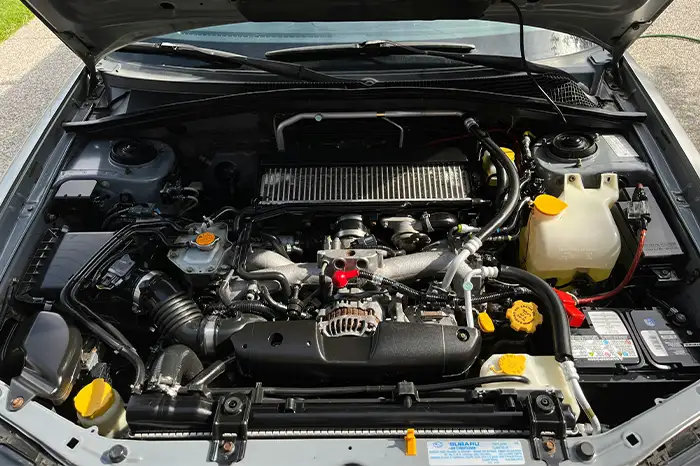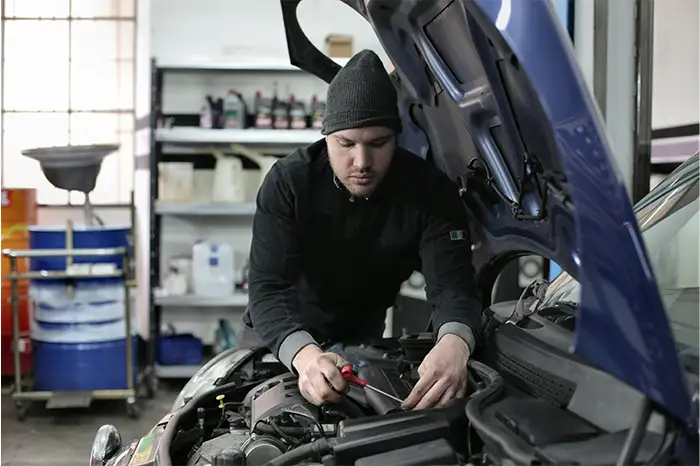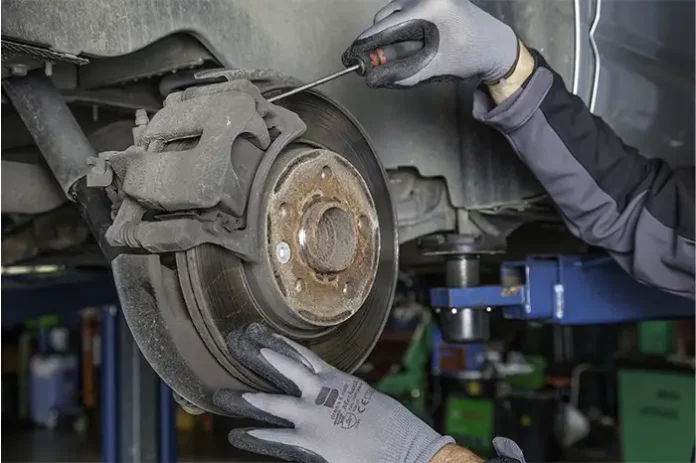Owning a car comes with more than just the freedom of the open road—it also brings the responsibility of upkeep. Whether you’re new to driving or have owned vehicles for years, knowing the basics of car repair can save you time, money, and stress. From understanding warning lights to recognising when it’s time for a brake inspection, these essential facts help you stay ahead of problems before they turn costly.
Top Car Repair Facts to Keep Your Vehicle Running Smoothly
In this article, we’ll highlight the key car repair facts every owner should know, so you can keep your vehicle running smoothly and confidently handle visits to the repair shop.
1. The Lifespan of a Driveshaft
One crucial component of cars that often goes overlooked is the driveshaft. This vital part transfers the torque from the engine to the wheels, ensuring a smooth driving experience. However, many car owners are unaware of when it might need replacement.
In general, a driveshaft does not come with a predetermined expiration date. According to Your Mechanic, a practical guideline is to consider replacing a driveshaft every 75,000 miles. Regular inspections can also help preemptively address any issues that might arise.
Monitoring the condition of your driveshaft can prevent unforeseen breakdowns. Car owners should look out for unusual vibrations or noises during driving as potential indicators of driveshaft problems. Being proactive about its maintenance can save time and money in the long run.
2. Prevalence of Engine and Coolant Issues

Engine and coolant problems rank among the most frequent issues faced by car owners today. These affect the performance and longevity of your vehicle, necessitating attention for optimal function. According to eTags, engine and coolant issues are the most common car issues, with 118,163 drivers reporting these problems.
Vehicles often experience engine troubles that can lead to more severe mechanical failures if left unaddressed. Maintaining regular checks and monitoring engine warning lights can help mitigate these risks. Ensuring a proper balance of coolant can also prevent overheating and other related issues.
Regular maintenance checks can reduce the number of engine and coolant problems faced by car owners. Early diagnosis of these issues allows for timely fixes, preventing costlier repairs down the line. Being vigilant about maintenance can extend the life of cars.
3. The Expansive Auto Repair Industry
With car ownership becoming increasingly widespread, the auto repair industry has expanded significantly. According to IBISWorld, in 2023 alone, the United States boasted a remarkable number of 286,016 auto repair companies. This abundance ensures that car owners have access to a variety of services.
The vast number of auto repair businesses is a testament to the increasing demand for car maintenance services. Such growth ensures competition among businesses, benefiting car owners with better quality service and competitive pricing. This availability makes it easier for car owners to find the required expertise for their repairs.
Choosing a reliable auto repair shop can greatly impact the upkeep of your vehicle. With so many options available, car owners should prioritize quality and reputation when selecting an auto repair service. A dependable service provider can provide the necessary care and maintenance for their cars.
4. Benefits of Regular Vehicle Maintenance

Regular vehicle maintenance holds the key to a car’s performance and longevity. Routine checks and timely repairs keep a car running efficiently and can detect potential problems before they worsen. This preventive approach saves car owners from costly breakdowns.
The importance of maintaining a schedule for regular check-ups cannot be understated. These inspections allow mechanics to address minor issues, ensuring they do not escalate into significant repairs. As a result, car owners can enjoy peace of mind knowing their vehicles are well taken care of.
Conclusion
Aside from preventing breakdowns, regular maintenance contributes to the overall safety and reliability of a car. Keeping essential components in optimal condition reduces the risk of accidents caused by mechanical failures. In the long run, regular care translates to fewer repair expenses and a better driving experience.





